pride

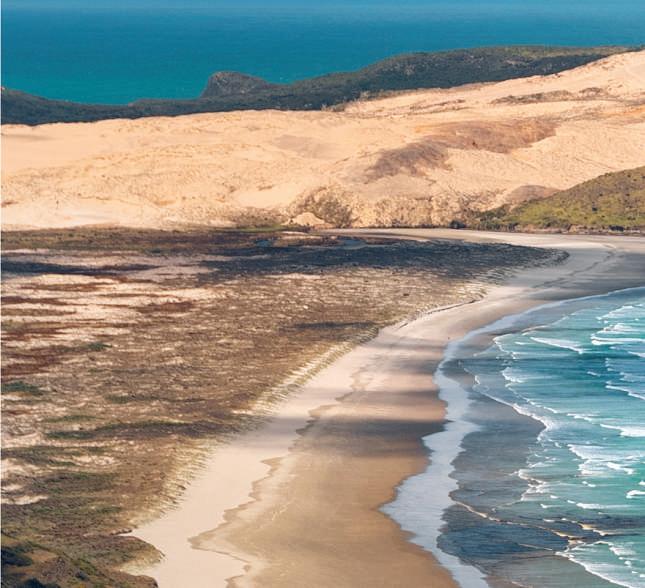





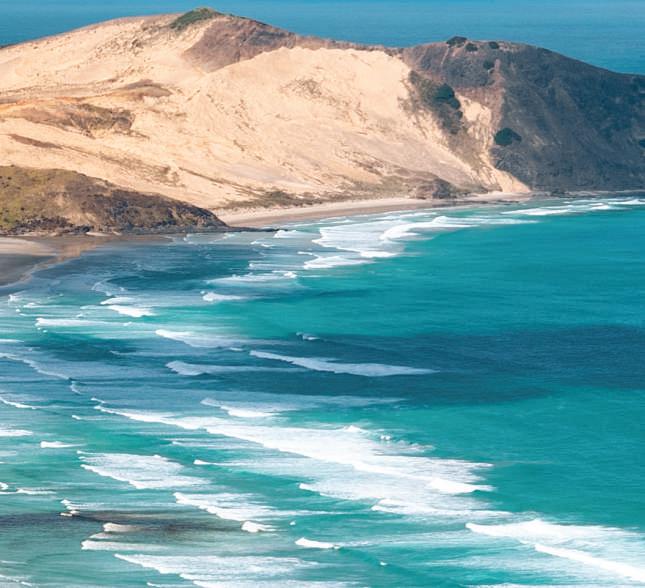
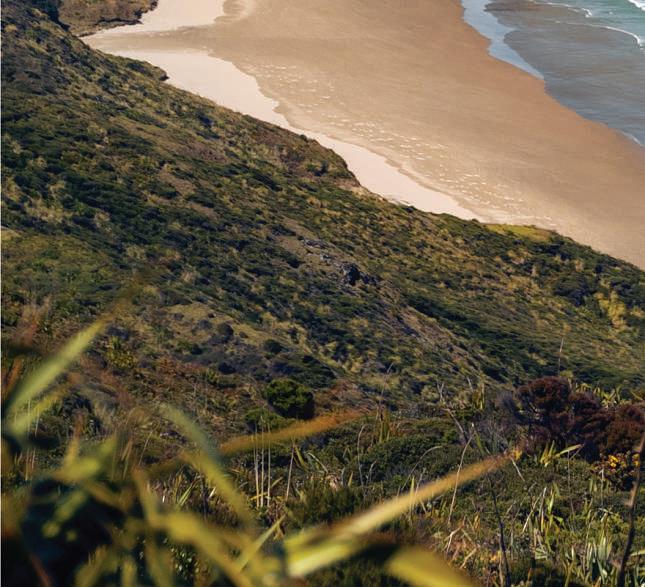






•WILLSANDESTATEPLANNING/ADMINISTRATION •ENDURINGPOWERSOFATTORNEY



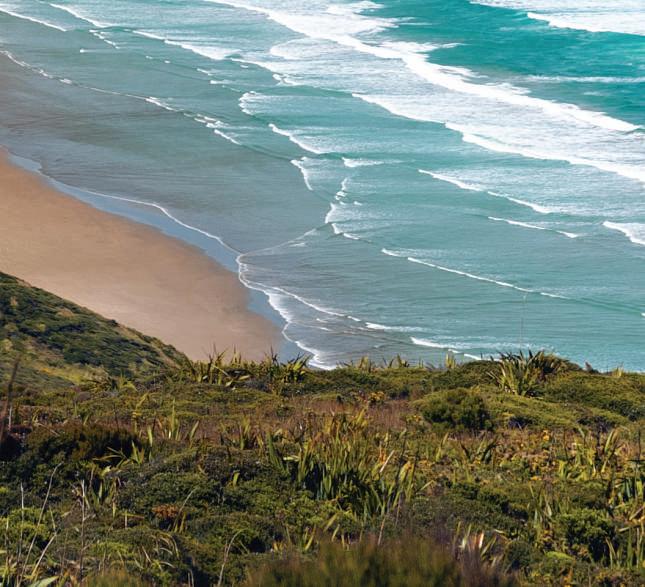




Where young people find confidence, support and real pathways to brighter futures.
Testimonial 1:
“I am a 16-year-old male and I attend RTC When I was young I was adopted and lived with my adopted family who homeschooled me I was diagnosed at a young age with ADHD and Fetal Alcohol Spectrum Disorder (FASD) This made it hard for me to learn and stay focused Before I was adopted by my family I was abused and didn’t have a very good early life I always found it hard to listen and concentrate which made learning hard for me
Then I found my biological grandfather and two years after meeting him I went to live with him and my nana They told me that I was going to start a course at RTC. I was scared at first because I had no idea what it was going to be like and was afraid I would be bullied or beaten up, I had no idea what I was in for I have been at RTC for over a year now and everyone at RTC is like family RTC has helped me with my social skills and creating friendships.
I feel safe when I am at RTC, it’s like a second home RTC has also helped me with my learning, I have learnt heaps of skills and my learning is always improving I now know how to do most things in class and can keep up with everyone else My tutor is a massive help, she has never given up on me she is the best tutor I’ve ever had and thanks to her I have learnt so much
Hopefully, soon I will be moving into a different course where I will further my skills and gain more knowledge Thanks, RTC for always having my back and helping me become the man I am becoming.”
Testimonial 2:
“I am 16 years old when I started with RTC and I attended the Literacy and Numeracy course while also attending the Hospitality course I completed the hospitality course in June 2025, and I am now doing the ICT course I enjoyed the hospitality course especially the coffee making and serving staff and other students I decided to do the ICT course because computers are everywhere I felt it was important to build up my computer skills
I feel way more confident when dealing with other people, as I was always shy and kept to myself most of the time I really look forward coming to course – even if I am sick, I miss coming to RTC
My challenges at school were that I found it hard to make friends however, at RTC because it is a smaller environment, I feel comfortable and can talk to people and have made many friends ”
Testimonial 3:
I am 15 years old and when I was in primary school I loved going to school, but when I started at intermediate school, there were people I didn’t like so much and started to hate going to school.
Then I went to high school and I started bunking school because I didn’t want to be there The teachers didn’t understand me so I would get mad and swear at them and get myself in trouble. Then when I turned 15 I got expelled from school My friend who was already attending Regent Training Centre told me about the course and said I should try it out So then I enrolled in Regent Training Centre and my attendance was better, I wanted to come every day and my writing and reading is improving all the time Even when I mucked up and got called into the office for doing something I shouldn’t have done, Regent Training Centre supported me and gave me another chance. I want to show Regent Training Centre how grateful I am for being given another chance by passing my courses and coming every day I have made heaps of friends at Regent Training Centre and feel like I fit in here better than at school
Testimonial 4:
Before I came to RTC, I wasn’t doing well at school I was rude and I was always getting
kicked out of class for yelling at my teachers
They all told me I was going nowhere in life My mum had, had enough and said she was going to take me to find a course
She called RTC and we went to see them the next week I then enrolled not knowing what was in store for me / The first day I started I thought it was going to be dumb and just like school, but I was surprised at how good my first day went and how much I liked it I like RTC a lot because they help me understand the work and make it a lot easier for me to learn.
Testimonial 5:
Before I came to RTC, my attendance was terrible, drama everywhere, and I had no motivation to get up and go to school because I was going through stuff at the time, so I really didn’t care about my social life or mental/ physical health but after a while I was stood down from school
I am now 15 and started getting myself together and started working on myself and eventually got better I started going out and doing better for myself and started RTC to get my life on track I feel like RTC can help me with my learning I want to learn skills in building, automotive, and also computing at RTC, so I can get a job

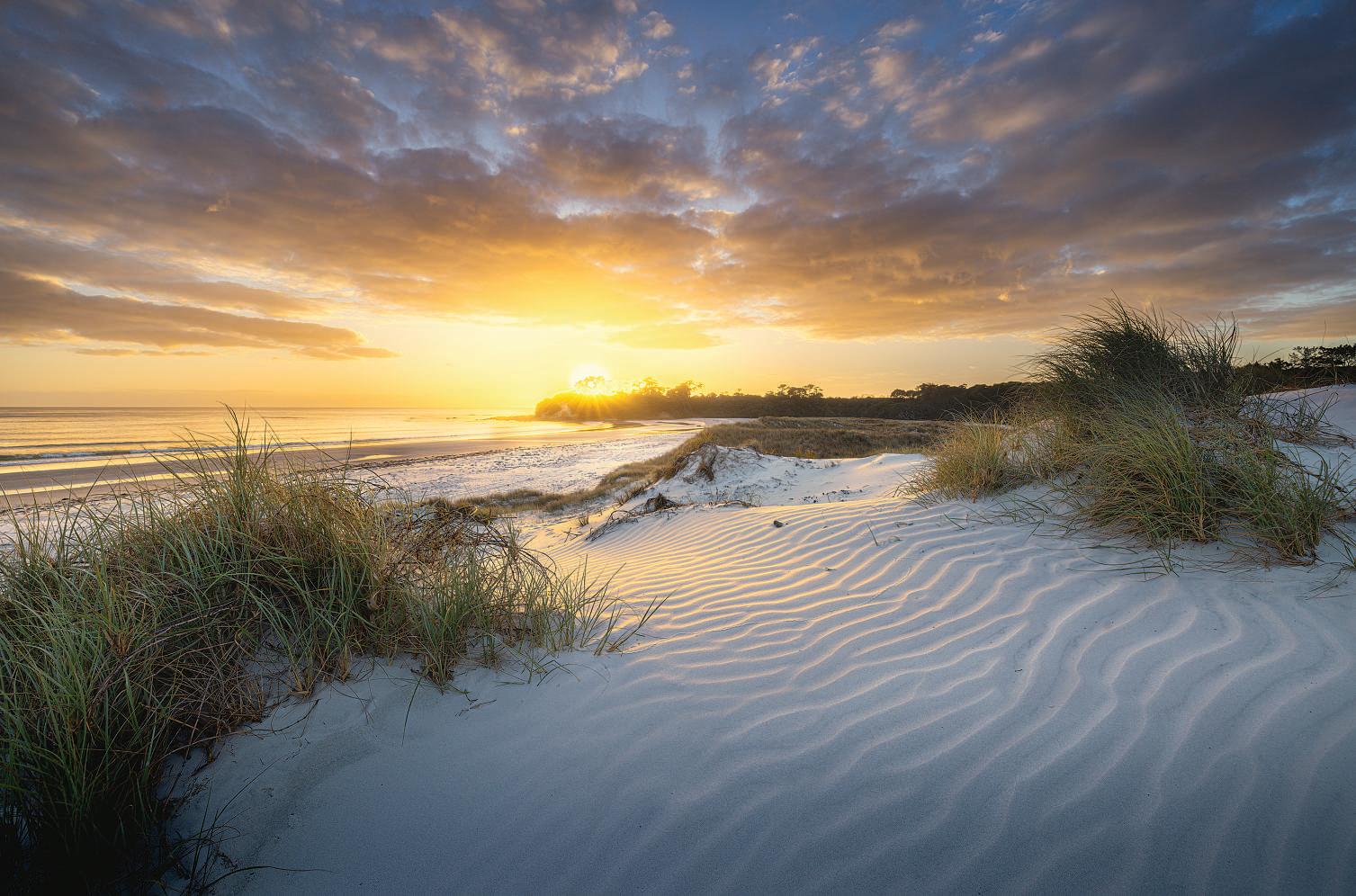



known for its resilience, innovation and strong community spirit The re-election of Moko Tepania as mayor, alongside the reaffirmation of Māori wards and a strengthened focus on infrastructure, signals both stability and forward momentum for the Far North
A Clear Electoral Mandate
Mayor Moko Tepania’s decisive October 2025 victory with over 12,700 votes reaffirmed strong public support for his leadership and vision The community also voted to retain Māori wards within FNDC, with 13,346 votes for maintaining the wards versus 10,619 against Together, these results reflect a collective commitment to inclusive representation, balanced progress and local voice in decision-making
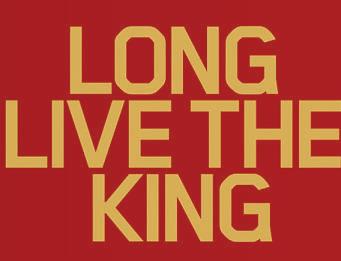
more connected Far North:
1 Infrastructure investment & service delivery efficiency
Mayor Tepania has emphasised that “continuing to work on key infrastructure and roading projects and keeping rates
affordable” will remain top priorities The FNDC Annual Plan 2025–26 identifies Investment and Infrastructure as its leading strategic focus growing business support, attracting investment, and driving enabling infrastructure such as renewable energy, digital connectivity, roads and water networks
waters and land transport upgrades, and better data for smarter decisions
The draft Te Pātukurea Spatial Plan for Kerikeri–Waipapa also takes shape as a blueprint for balanced growth, housing affordability and coordinated investment
3 Affordability and community wellbeing Amid nationwide cost pressures, FNDC remains focused on keeping rates manageable and ensuring investment translates into long-term community benefit
funding for three waters and roading programmes vital after past storm impacts promises to futureproof the Far North for generations to come
The Big Picture
The Far North stands at a pivotal and promising moment With a clear mandate, strong leadership and a practical roadmap in place, the next three years offer a chance to turn plans into progress strengthening local infrastructure, digital access and community wellbeing across the district
The message from voters and council alike is clear: the Far North is not waiting for change it’s building it
We are a locally owned and operated business established in 1973 and are New Zealand’s most Northern specialist shop, with over 50 years of combined motorcycle and accessories experience
We sell brand new Yamaha and Suzuki motorbikes as well as stocking new Yamaha Outboards for 2hp to 150hp

We also stock a full range of parts and accessories, along with Kea Trailers, C-Dax spray equipment, Fox, Motodry, Cardo, MX/ATV/Road Tyres, Quadlock and much more
See us for your Warrant of Fitness for your motorcycle or trailer


















he Far North is a land of breathtaking contrasts - from the windswept dunes of Te Oneroa-a-Tōhe (Ninety Mile Beach) to the calm waters of Doubtless Bay and the lush valleys around Herekino and Peria Everywhere you turn, nature shapes life and identity
To the west, the endless expanse of sand at Ahipara draws surfers and fishers year-round

To the east, golden coves like Coopers Beach, Hihi and Cable Bay are favourite holiday spots, while Mangonui’s waterfront reminds visitors of a slower, simpler pace of life. Inland, the rolling farmland around Kaitaia and Kaingaroa provides livelihoods that have sustained families for generations
Cape Reinga, where the Tasman Sea and
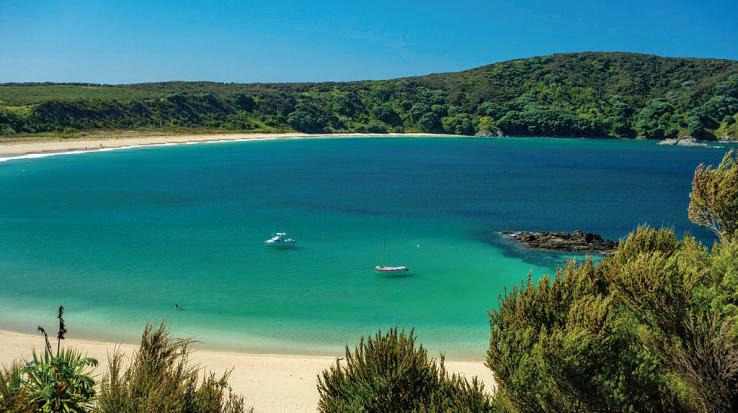

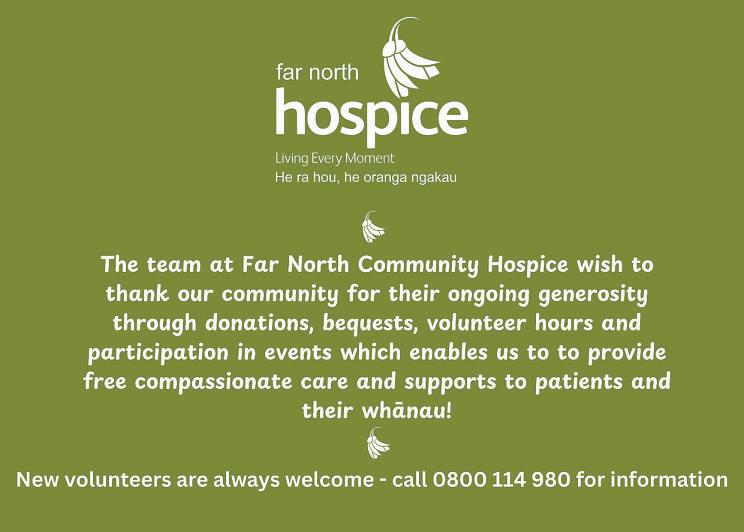
Pacific Ocean meet, remains one of New Zealand’s most spiritual places - a site of reflection, renewal, and deep cultural significance to Māori as the departing place of spirits The forests of Te Paki and Raetea stand as ancient guardians, home to rare native species and living reminders of the North’s environmental legacy
Locals are increasingly taking up the mantle of kaitiakitanga - stewardship of the land and sea Community-led conservation projects like dune restorations, pest control initiatives, and beach
clean-ups are growing across the district Schools and marae are planting native trees, restoring wetlands, and teaching tamariki the importance of caring for Papatūānuku
These landscapes are not just scenic backdrops - they’re part of the Norths identity, woven into daily life Protecting them is both a responsibility and a privilege The natural beauty of Te Hiku o Te Ika isn’t just what draws people here - its what keeps them connected to home





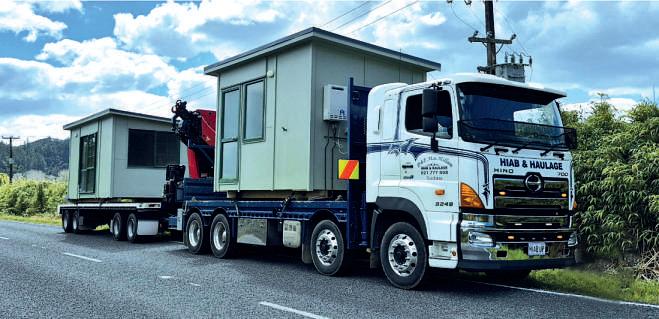

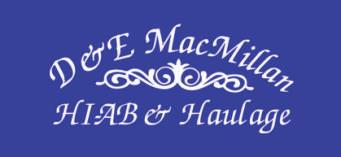
From family farms to boutique food producers, local business in the Far North is built on creativity, determination, and a strong sense of place In towns like Kaitaia, Mangonui and Ahipara, small enterprises are not only surviving theyre thriving, fuelled by community support and regional pride
The weekly markets in Kaitaia, Taipa and Coopers Beach showcase the best of local talent handmade crafts, artisan breads, preserves, and produce grown on nearby land Food producers such as Due North Foods (based in Kaitaia) are giving the region its distinctive flavour Due North crafts small-batch sauces, chutneys and relishes from locally-sourced ingredients, building on a home-grown kitchen into a full artisan brand Meanwhile, in the coastal settlement of Houhora, the whānau-run The Kutai Guy is turning green-lipped mussels into awardwinning smoked delicacies a proud Far North story of seafood meets innovation.
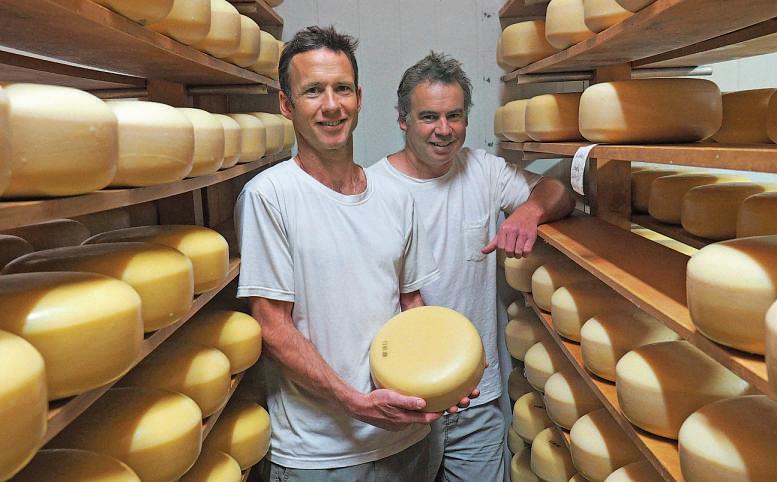
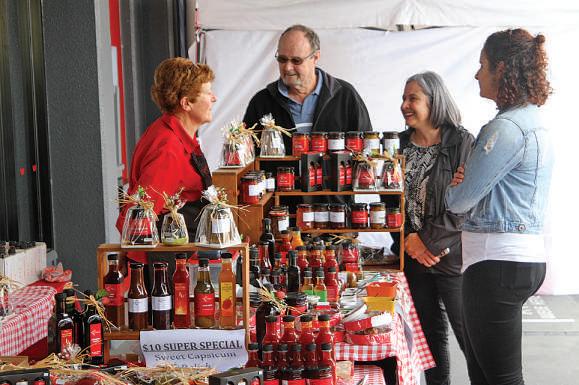
region’s reputation for fine hoe Farmhouse Cheese in Bay of Islands, has been earning gnition for its Dutch-style Rosevear family, who run the ese-making operation, recently medals at the New Zealand f Cheese Awards, including gold oe Edam, Mahoe Mature Edam, ery Old Edam Their success region’s ability to produce rtisan food, combining traditional ith care for local ingredients and e
remains a vital part of the North’s y ided tours to Cape Reinga, local


The Far North is also seeing a rise in homebased and mobile businesses builders, creators, mechanics and tradespeople who bring services directly to their communities Improved connectivity allows remote workers, designers and online retailers to engage globally while enjoying the North’s lifestyle This blend of traditional industry and modern innovation creates new opportunities for whānau to stay, return or build a future here
What sets this region apart is its people: practical, hardworking and proud of their independence Collaboration is part of the culture local business networks, markets and community-driven promotions lift everyone up When one business succeeds, the whole community benefits
accommodation providers, fishing charters, and adventure operators bring visitors from around the world Many are family-owned businesses that share the stories and mana of Te Tai Tokerau with pride In places like Mangonui, Ahipara and Houhora, cafés, galleries and wharf-side shops create vibrant hubs for both visitors and locals
Agriculture forestry and horticulture continue to be the backbone of rural communities Innovation is growing too from regenerative farming to small-scale renewable energy and digital ventures connecting the Far North to global markets Beekeeping, artisan cheeses, boutique honey production and small-batch condiments are becoming hallmarks of the region’s evolving identity
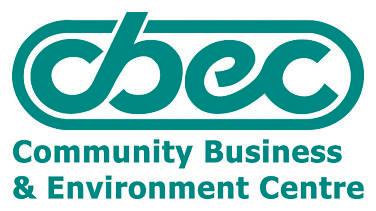
With its natural resources, creative talent and resilient people, the Far North is carving out a business landscape that is uniquely its own bold, local and full of promise for the future pr


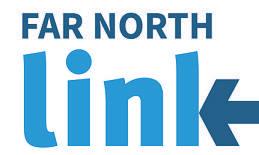
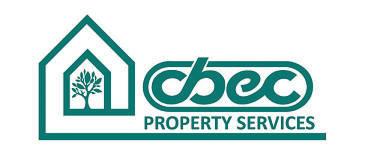
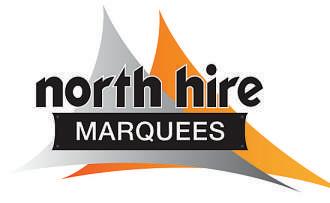



Circa 1910: The towns growth as a European settlement began in the 1880s and 1890s, spurred by the arrival of kauri gum diggers drawn to Northland’s rich gumfields
1922 and 1956: Looking along Commerce Street, Kaitaia has long been the business and service centre for the Far North, stretching to Cape Reinga about 112 km northwest
River, the town quickly became a hub for kauri gum diggers in the late 19th century, attracting settlers from across New Zealand and beyond Commerce Street, the town’s main thoroughfare, soon lined with shops, stables, and services, became the heart of a thriving community supporting surrounding farms and coastal settlements
By the early 20th century Kaitaia had




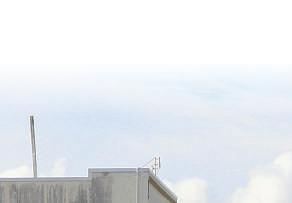
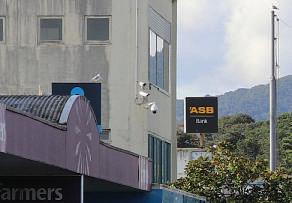
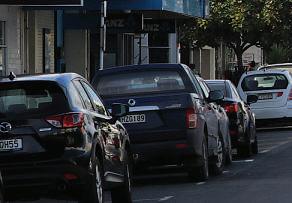

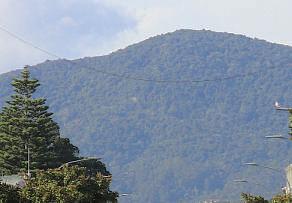
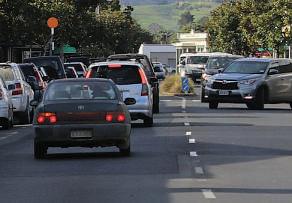
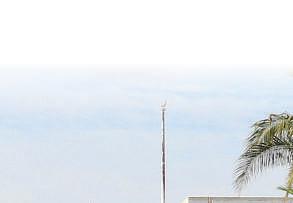
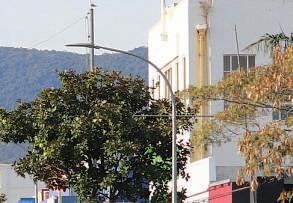
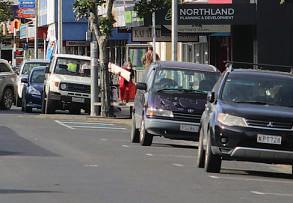
Kaitaia is a town rich in history, culture and community spirit – a place where resilience and connection run deep Once a small riverside settlement, it has long been the commercial and service heart for surrounding rural and coastal communities
Founded in the 19th century alongside Māori communities of Te Hiku o Te Ika, Kaitaia grew quickly as a hub for kauri gum diggers in the 1880s and 1890s, drawing settlers from across the country and overseas By the early 20th century its main street – Commerce Street –was lined with shops, stables and businesses serving a thriving farming population.
Over the decades, the town has evolved into a diverse and dynamic centre that continues to anchor the Far North economy Agriculture, forestry, horticulture and tourism remain vital, while new opportunities in renewable energy, aquaculture and small-scale manufacturing are helping shape its future
Kaitaia’s warm climate and stunning surroundings continue to attract visitors and new residents alike Each summer, nearby beaches such as Ahipara Taupō Bay and Doubtless Bay swell with holidaymakers, while the town itself hums with local markets, festivals and community events A strong


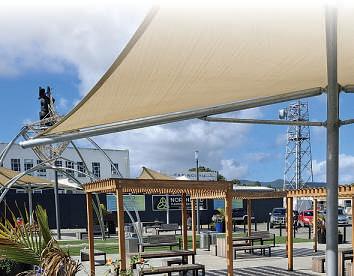

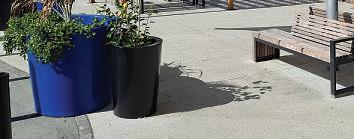
network of schools, marae and organisations reflects and celebrates the area’s bicultural heritage and forward-looking spirit
In recent years, theres been a renewed sense of pride and progress Upgrades to amenities, investment in infrastructure and the growing success of Māori enterprise are helping the community thrive The new town square has added fresh vibrancy to the heart of Kaitaia, providing a welcoming space for gatherings, markets, live performances, and cultural celebrations – a true symbol of renewal and connection It has quickly become a hub for families, artists, and community groups, strengthening the bonds between
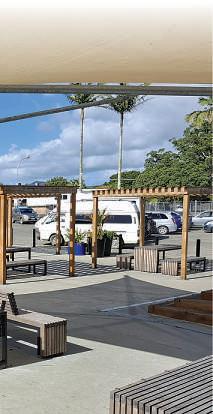
residents and offering a focal point for shared experiences
Despite the challenges that come with distance and resources, Kaitaia’s greatest strength remains its people – known for their generosity, determination and love of place Community spirit shines through local volunteer efforts, school initiatives, and annual events that bring everyone together
As locals often say, “Kaitaia is where the North truly begins” – and where its heart continues to beat strong






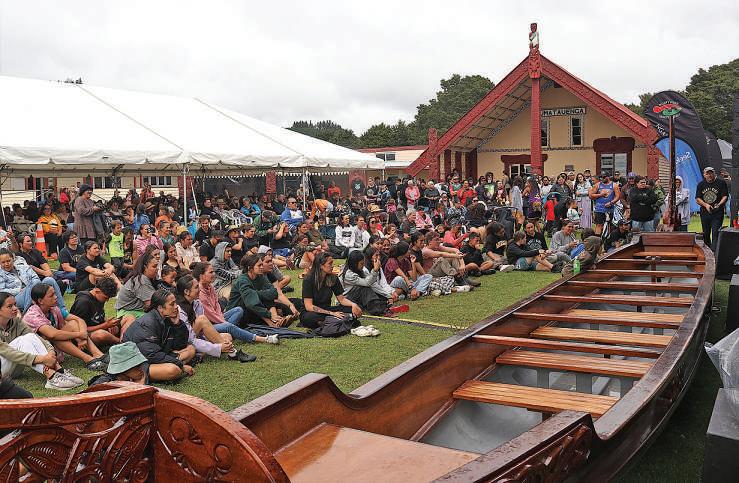
Te Tai Tokerau is steeped in culture, history and identity - a region where stories are not just remembered but lived every day.
From the marae of Ahipara and Pukepoto to the art studios of Mangonui and the kapa haka stages of Kaitaia College, culture here thrives in all its forms.
Māori heritage anchors the regions identity.
Te reo Māori is increasingly heard in schools, workplaces and community gatherings, connecting young and old through shared language and pride Events such as Te Hiku o
Te Ika kapa haka competitions and Matariki celebrations highlight deep whanaungatangathe kinship that defines the North
Art also flourishes across the district The galleries of Doubtless Bay and Kaitaia showcase painters, carvers and weavers inspired by sea, sky and forest Community exhibitions and makers’ markets give emerging creators a platform to share their work, while long-established artists continue shaping the region’s cultural landscape
Storytelling - both traditional and contemporary - forms a vital thread connecting
generations Whether shared on the marae, through waiata, or via modern creative workshops these stories help preserve identity and belonging
Many of the North’s cultural leaders are focused on the next generation. Marae-based education, iwi-led initiatives and rangatahi programmes are strengthening confidence and cultural knowledge Schools and kura are increasingly partnering with iwi to bring local history and tikanga into the classroom
Community festivals, arts events and coastal celebrations bring people together across ages and backgrounds Whether it’s a weekend market, whānau day or seaside performance, these gatherings reflect the region’s warmth and diversity
What makes the culture of Te Tai Tokerau so powerful is its inclusivity - the way it embraces everyone who calls the North home Pride in heritage and openness to diversity sit side by side The result is a region with deep roots and a vibrant, evolving identity - one that continues to inspire locals and visitors alike














































